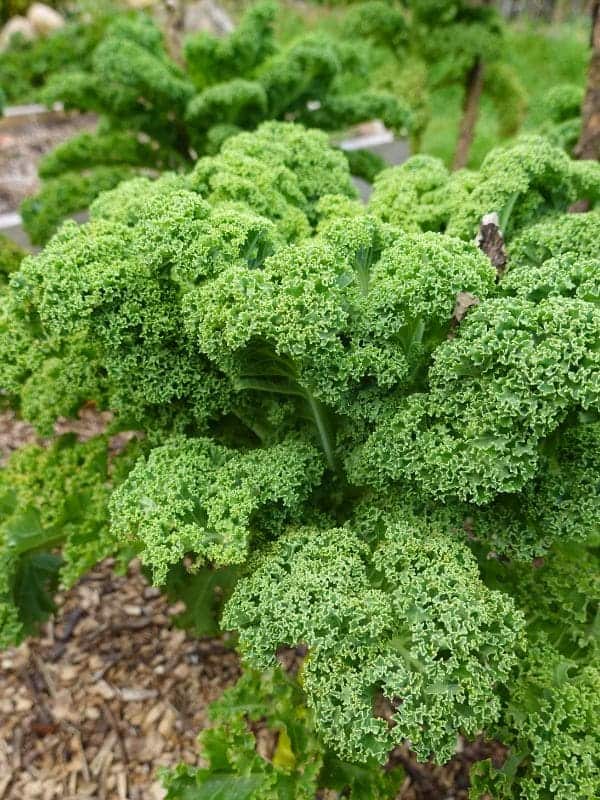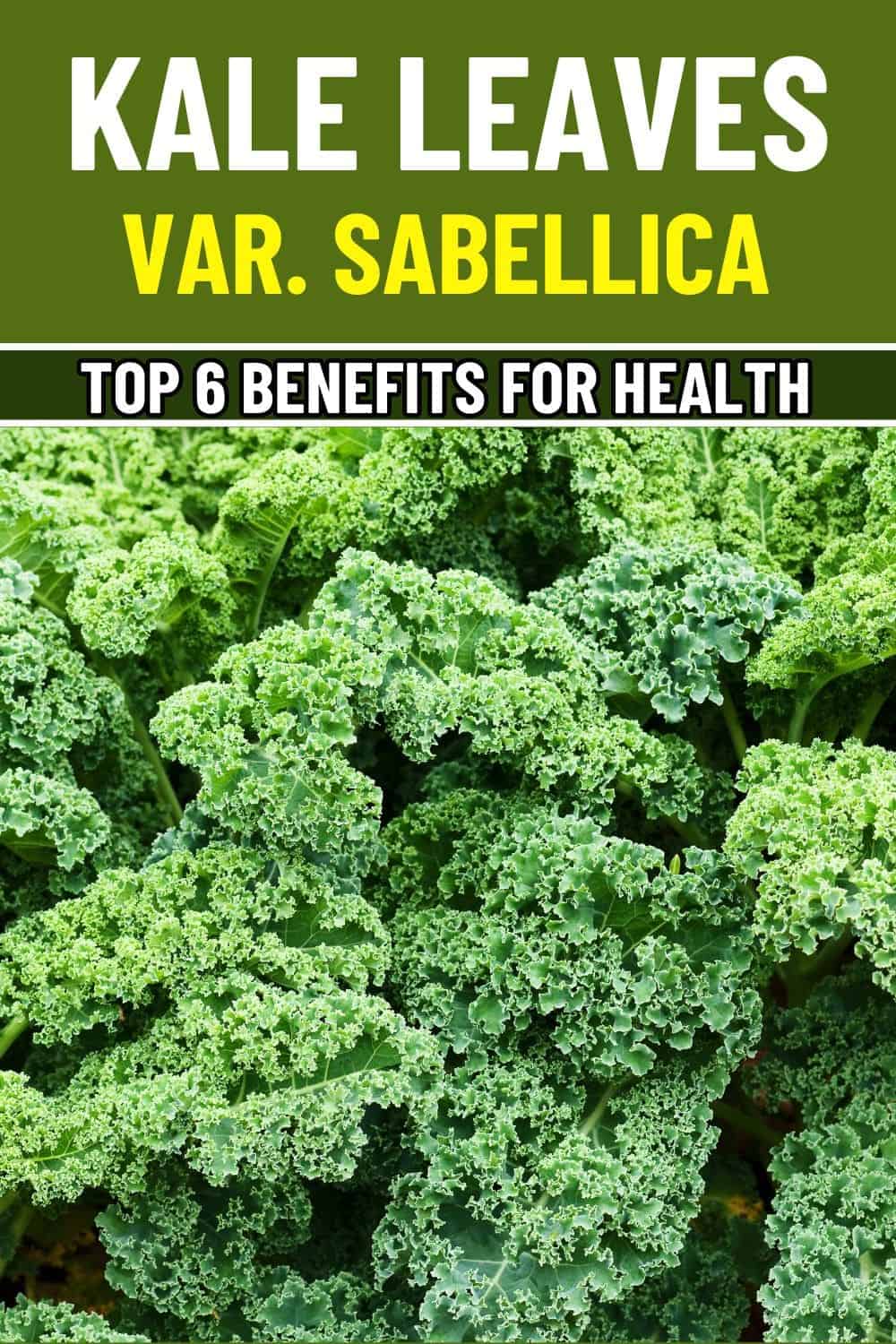Kale is not only a trendy green vegetable but also a nutritional powerhouse that can boost your health in a variety of ways.
From its heart-protecting properties to its role in maintaining healthy skin, kale deserves a prominent place in your diet.
If you are curious about the health benefits of kale, here are its amazing health benefits.
#1. Rich in antioxidants to protect cells
Kale is rich in antioxidants that help protect cells from oxidative stress and free radical damage.
Additionally, the high vitamin C content (100g of kale provides 120% of the recommended daily intake) and beta-carotene in kale support a healthy immune system and promote clear, glowing skin.
Studies show that the antioxidants in kale help fight inflammation, reducing the risk of chronic diseases like heart disease and cancer.
A study in the Journal of Agricultural and Food Chemistry found that antioxidants in kale neutralize harmful free radicals, providing protective effects at the cellular level.

#2. Support heart health with fiber and potassium
Kale supports heart health by providing a good balance of fiber, potassium, and antioxidants.
The potassium content (100g of kale provides 491 mg) helps regulate blood pressure, while the fiber in kale promotes healthy cholesterol levels.
By lowering LDL (bad cholesterol) and improving HDL (good cholesterol), kale plays an important role in reducing the risk of heart disease.

#3. Promotes healthy digestion
Kale is high in fiber, providing about 2 grams per 100 gram serving. This fiber helps support regular bowel movements and prevent constipation.
Plus, the high water content in kale helps keep things running smoothly in the digestive tract.
Research published in the Nutrients Journal has shown that fiber-rich vegetables, including kale, are important in maintaining a healthy gut microbiome and preventing gastrointestinal problems.

#4. Boost bone health with Vitamin K
Kale is one of the best plant sources of vitamin K, which is essential for maintaining strong bones.
A 100g serving of kale provides up to 684% of the recommended daily intake of vitamin K, which aids calcium absorption and promotes bone mineralization.
Additionally, kale contains calcium and magnesium, two substances that work together to help strengthen bones.
A study in the Journal of Nutrition confirmed that vitamin K from green leafy vegetables like kale plays an important role in maintaining bone health and preventing fractures, especially in older adults.

#5. Detoxify your body naturally
The high chlorophyll content in kale not only gives kale its deep green color, but also helps detoxify the body.
Chlorophyll helps the liver eliminate toxins and supports the natural detoxification process. By increasing the elimination of harmful substances, kale can help your body stay clean and refreshed.
Food chemistry has found that the chlorophyll in kale helps boost liver detoxification, which plays a key role in supporting your body’s natural cleansing mechanisms.

#6. Promotes healthy skin
The high vitamin A and C content in kale makes it a great choice for maintaining healthy, radiant skin.
A 100g serving of kale provides 14,000 IU of vitamin A and 120mg of vitamin C, which support collagen production, reduce skin damage and increase skin elasticity.
You can eat kale regularly to help keep your skin looking youthful and protect it from UV damage.
Research published in the Journal of Dermatological Pharmacology and Physiology highlights that antioxidants in kale protect the skin from environmental damage and reduce signs of aging.

How to use kale leaves
- Raw in salads: Add fresh kale to salads for a crunchy texture. For a milder flavor, massage the leaves with olive oil and lemon juice to soften.
- Smoothies: Add a handful of kale to your favorite smoothie along with fruits like bananas and berries for a refreshing and nutrient-rich drink.
- Saute or steam: Lightly saute kale with garlic and olive oil or steam to preserve nutrients while enhancing flavor.
- Crispy Potato Chips: Make your own crispy potato chips by tossing kale leaves with olive oil and spices, then baking until crispy.
- Soups and stews: Add kale to soups, stews or curries for extra flavor and nutrition.

Caution and Precautions
Kale contains oxalates, which can contribute to kidney stone formation in people prone to kidney stones. If you have a history of kidney stones, eat kale in moderation.
Kale is high in vitamin K, which can interfere with blood thinners like warfarin. Always consult your doctor if you are taking anticoagulants.
Kale is high in fiber and consuming large amounts can cause digestive upset, such as gas or bloating. Start with small portions if you are not used to high-fiber foods.
Disclaimer
This article is for informational purposes only and should not be considered medical advice.
Always consult your healthcare provider before making significant changes to your diet, especially if you have an underlying medical condition or are taking medications.







